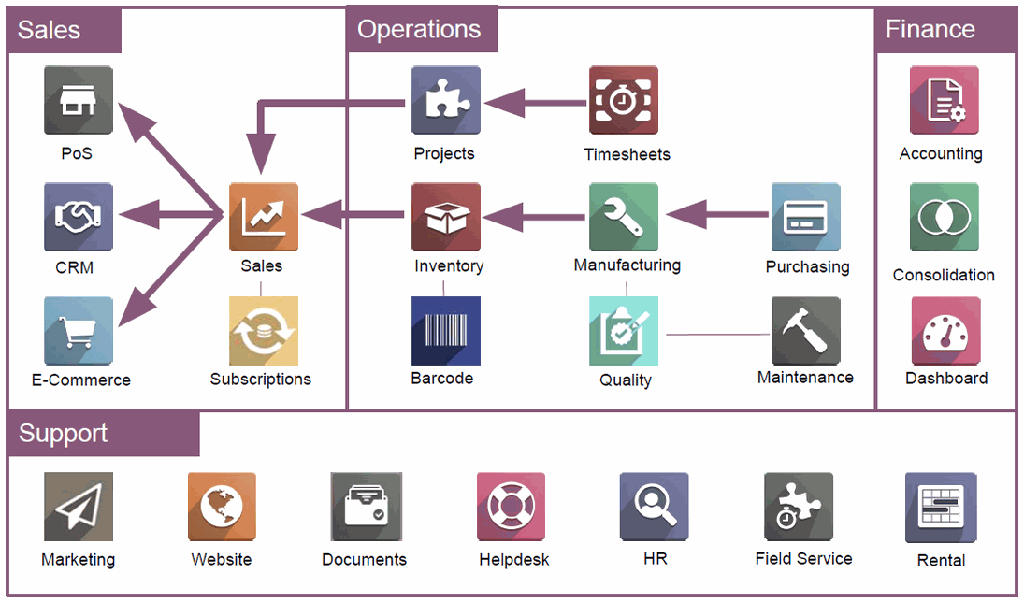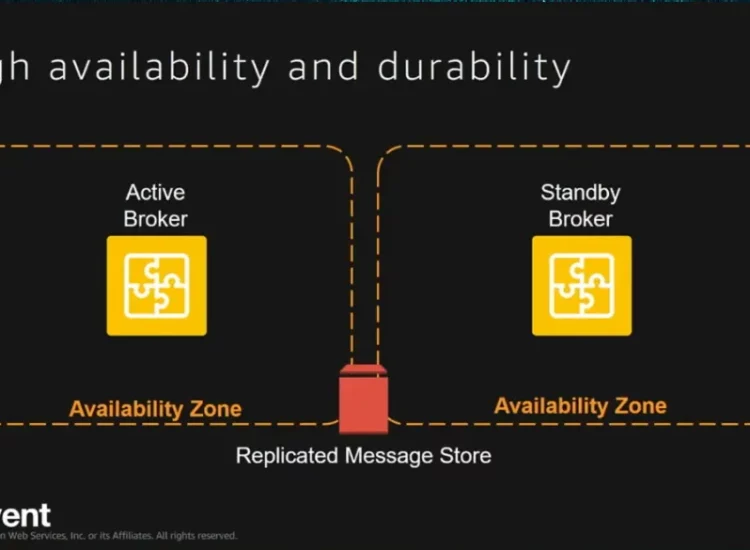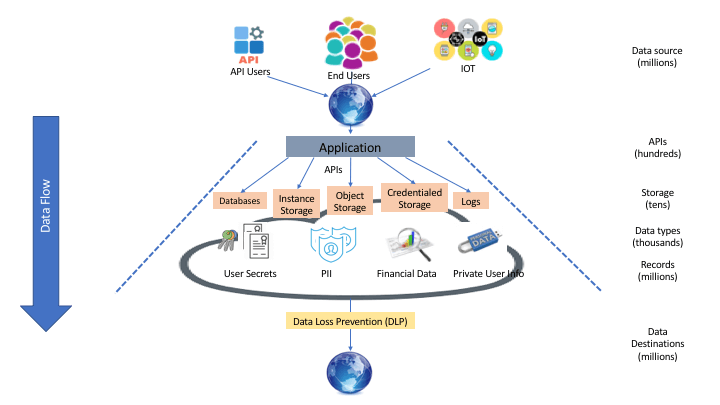The demand for qualified mental health professionals in Texas is on the rise, and the emergence of PsyD online degree programs offers a promising solution. These flexible, accessible programs provide aspiring psychologists the opportunity to earn a respected Doctorate of Psychology degree without sacrificing their other commitments.
Toc
- 1. Exploring the Benefits of PsyD Online Degree Programs
- 2. The Growing Demand for Mental Health Professionals
- 3. Understanding PsyD Online Degree Programs
- 4. Choosing the Right PsyD Online Program
- 5. Related articles 01:
- 6. The Path to Licensure with a PsyD Online Degree
- 7. Unlocking Financial Opportunities for PsyD Students
- 8. The Bright Future of PsyD Graduates in Texas
- 9. FAQ
- 10. Conclusion
- 11. Related articles 02:
Exploring the Benefits of PsyD Online Degree Programs

For those passionate about making a tangible difference in people’s lives, a PsyD degree can be a wise investment. Unlike traditional PhD programs that emphasize research, PsyD programs focus on developing the practical skills and competencies needed to work directly with patients and clients. This makes them an attractive option for Texas students who are eager to put their knowledge into practice. For instance, the University of Houston-Clear Lake’s PsyD program offers an entirely online format, allowing students to complete their coursework and clinical practicum requirements remotely. This allows for greater flexibility for students who may be working full-time or have family responsibilities.
The online format of these PsyD programs offers unparalleled flexibility, allowing busy professionals to earn their degree at their own pace. With the ability to access coursework anytime, anywhere, Texas residents can balance their studies with work, family, and other responsibilities. Additionally, the cost-saving benefits of online learning make these programs a financially accessible option for many.
Beyond the convenience and affordability, online PsyD degree programs in Texas also provide students the chance to collaborate with peers from diverse backgrounds. This exposure to varied perspectives can greatly enhance the learning experience and prepare graduates for the interdisciplinary nature of modern psychology practice. Furthermore, online PsyD programs are increasingly emphasizing the importance of cultural competence in psychological practice. This involves understanding and respecting the diverse cultural backgrounds of clients and tailoring treatment approaches accordingly. This is crucial in Texas, which is a culturally diverse state with a growing Hispanic population.
The Growing Demand for Mental Health Professionals
The mental health crisis has become a pressing issue across the United States, and Texas is no exception. As more individuals seek mental health support, the demand for qualified psychologists continues to rise. This trend highlights the need for effective educational pathways, such as PsyD online degree programs , that can equip professionals with the necessary skills to meet this demand. The Texas Department of State Health Services reports that, in 2022, there were over 3.3 million adults in Texas who experienced a mental health issue, highlighting the need for more qualified psychologists to address this growing need. This increased demand is also reflected in the growing number of mental health facilities and services opening up in Texas, creating more job opportunities for PsyD graduates.
According to the U.S. Bureau of Labor Statistics, employment of psychologists is projected to grow by 14% from 2021 to 2031, which is much faster than the average for all occupations. This growth is fueled by an increasing awareness of mental health issues and the importance of mental well-being. However, some argue that the increase in demand for psychologists is not solely due to an increased awareness of mental health issues but also due to factors such as the rising cost of healthcare and the increasing availability of mental health insurance coverage. Regardless of the reasons, the demand for qualified psychologists remains high, creating a favorable job market for PsyD graduates.
Understanding PsyD Online Degree Programs

What is a PsyD?
The Doctor of Psychology (PsyD) degree is designed to prepare students for clinical practice in psychology. Unlike a PhD in Psychology, which often emphasizes research and academic scholarship, the PsyD focuses on developing practitioners who can work directly with clients in various settings. This practical orientation makes the PsyD an appealing choice for those who wish to engage in therapy and counseling rather than research. The rise of telehealth and online counseling has further increased the demand for qualified psychologists who can provide virtual services. This trend is particularly relevant in Texas, where rural areas often face a shortage of mental health professionals. Online PsyD programs are well-equipped to prepare graduates for the evolving landscape of psychological practice, including the use of telehealth technologies.
Benefits of Online Learning
The rise of online learning has transformed the landscape of higher education, making it more accessible than ever before. Here are some key benefits of pursuing an online PsyD degree:
- Flexibility: Online PsyD programs allow students to study at their own pace, making it easier to balance coursework with work and personal commitments. This flexibility is particularly beneficial for those who may be working full-time or have family obligations. While online programs offer flexibility and accessibility, some argue that they may lack the in-person interaction and mentorship opportunities that are crucial for developing clinical skills. Some students may prefer the traditional campus-based model, which allows for more face-to-face interaction with professors and peers.
- Accessibility: With online programs, students can access coursework from anywhere, eliminating geographical barriers. This is especially important for those living in rural areas or regions with limited access to traditional campus-based programs.
- Affordability: Online PsyD programs often have lower tuition costs compared to their on-campus counterparts. Additionally, students can save on commuting and housing expenses, making it a more financially viable option.
- Diverse Perspectives: Online learning facilitates interaction with peers from different backgrounds and locations, enriching the educational experience through diverse viewpoints and experiences.
Types of PsyD Online Programs
Online PsyD programs may vary in focus and specialization. Here are some common areas of concentration:
- General Psychology: A broad approach that covers various aspects of psychology, preparing graduates for diverse roles in the field.
- Counseling Psychology: Focuses on therapeutic practices and interventions, equipping students to work with individuals and groups facing psychological challenges.
- School Psychology: Prepares professionals to work in educational settings, addressing the mental health needs of students and promoting academic success.
- Forensic Psychology: Combines psychology with the legal system, preparing graduates to work in legal settings and provide expert testimony.
- Industrial-Organizational Psychology: Focuses on workplace behavior, helping organizations improve employee performance and well-being.
Choosing the Right PsyD Online Program

1. https://chobangkaewthai.com/archive/41/
2. https://chobangkaewthai.com/archive/37/
3. https://chobangkaewthai.com/archive/42/
When considering an online PsyD program, it’s crucial to evaluate various factors to ensure you find the right fit for your educational and professional goals.
Accreditation Matters
One of the most important aspects to consider when selecting a PsyD program is accreditation. Choosing an APA-accredited program is essential, as it ensures that the curriculum meets high standards of quality and prepares graduates for licensure. Accreditation also enhances the credibility of your degree, making you a more competitive candidate in the job market.
Program Curriculum
Understanding the curriculum of a PsyD program is vital in determining whether it aligns with your career goals. Look for programs that emphasize clinical skills development, as this is a crucial aspect of effective psychological practice. Typical components of a PsyD curriculum may include:
- Core coursework in psychology theories and practices
- Clinical practicum experiences to gain hands-on training
- Research methodology and statistics
- A dissertation or capstone project to demonstrate expertise in a specific area
Faculty Expertise
Researching the qualifications and experience of faculty members is another important step in choosing a program. Faculty who are active practitioners in the field can provide valuable insights and mentorship. Consider reaching out to current students or alumni to gain a better understanding of the faculty’s engagement and support within the program.
The Path to Licensure with a PsyD Online Degree
Earning your PsyD degree is a significant step towards becoming a licensed psychologist in Texas, but the process doesn’t end there. To practice as a professional psychologist in the state, you’ll need to navigate a series of requirements set by the Texas Behavioral Health Executive Council (TBHEC).
The Step-by-Step Journey to Licensure
- Earn Your PsyD Degree: Graduate from an APA-accredited PsyD program in Texas or a regionally accredited institution. This ensures that your degree meets the necessary standards for licensure.
- Pass the EPPP: Submit an Exam Request Form to the TBHEC and register to take the Examination for Professional Practice in Psychology (EPPP), passing with a score of 70% or higher. The EPPP is a standardized exam that assesses knowledge across various areas of psychology. This exam is administered by the Association of State and Provincial Psychology Boards (ASPPB).
- Take and Pass the Jurisprudence Examination: Demonstrate your knowledge of the applicable laws governing the practice of psychology in Texas by passing the online, open-book Jurisprudence Examination with a score of 90% or higher. This exam covers key legal and ethical issues relevant to psychological practice.
- Apply for Licensure and Obtain Provisional Status: Once you’ve met the examination requirements, submit the TBHEC Application for Licensed Psychologist form along with additional documentation, such as a Self-Query Report from the National Practitioner Data Bank. Successful applicants will be granted Licensed Psychologist with Provisional Status.
- Complete 3,500 Hours of Supervised Practice Experience: Fulfill a minimum of 3,500 hours of supervised practice experience, with at least 1,750 hours completed during your doctoral degree program and the remaining 1,750 hours obtained following the conferral of your PsyD. This supervised experience is crucial for developing your clinical skills.
- Maintain Your License: To maintain their license, Texas psychologists must renew it biennially. This process requires the completion of at least 40 hours of professional development, with a minimum of 6 hours in the areas of professional responsibility, rules, and/or ethics, and an additional 6 hours in the area of cultural diversity.
Unlocking Financial Opportunities for PsyD Students

The cost of PsyD programs in Texas can vary significantly, but the good news is that there are various financial aid options available to help offset the expense. Many PsyD programs in the state, such as Baylor University and the University of Houston Clear Lake, offer generous financial support to their students, including fellowships, assistantships, and even full tuition coverage.
Federal Student Loans
PsyD students often have access to federal student loans, which can help cover the cost of tuition and living expenses. To qualify, students must complete the Free Application for Federal Student Aid (FAFSA) and meet eligibility criteria. Federal loans typically offer lower interest rates and more flexible repayment options compared to private loans.
Program-Specific Financial Aid
In addition to federal aid, many PsyD programs offer their own financial assistance options. These may include:
- Scholarships: Merit-based or need-based scholarships can help reduce the financial burden of tuition.
- Graduate Assistantships: Some programs offer assistantships that provide students with stipends or tuition waivers in exchange for work, such as teaching or research assistance.
- Tuition Waivers: Certain institutions may offer tuition waivers to eligible students, significantly reducing the overall cost of the program.
External Scholarships
Numerous external organizations and foundations offer scholarships specifically for psychology students. These scholarships can vary widely in terms of eligibility requirements and award amounts. Websites such as Fastweb and Cappex can help students search for available scholarships.
The Bright Future of PsyD Graduates in Texas
The job outlook for psychologists in Texas is quite promising, with the U.S. Department of Labor’s Projections Central website estimating a 15.9% growth in employment for this profession between 2022 and 2032. This translates to an average of 890 annual job openings during this period.
Career Paths for PsyD Graduates
PsyD graduates in Texas can pursue a wide range of rewarding career paths, including:
- Clinical Psychologist: Providing therapy and assessment services to individuals with mental health concerns.
- Counseling Psychologist: Focusing on helping clients navigate life challenges, relationships, and personal development.
- School Psychologist: Working in educational settings to support students’ academic and emotional well-being.
- Forensic Psychologist: Applying psychological principles within the legal system, including assessments and expert testimony.
- Industrial-Organizational Psychologist: Consulting with businesses to improve employee performance and workplace culture.
In terms of earnings, the median annual salary for psychologists in Texas is $75,140, according to the Bureau of Labor Statistics. However, salaries can vary significantly based on factors such as geographic location, level of experience, and specific job title and employer. The top 10% of psychologists in Texas earn an impressive $135,010 or more per year.
With the increasing demand for mental health services and the strong earning potential, the future looks bright for PsyD graduates in the Lone Star State.
FAQ
Do I need a master’s degree to get into a PsyD program in Texas?
It depends on the specific program, as some PsyD programs in Texas require applicants to have a master’s degree, while others accept students with a bachelor’s degree in psychology or a related field.
Do PsyD programs in Texas require the GRE?
Again, it varies by program. Some Texas PsyD programs require GRE scores, while others do not.
How long do PsyD programs in Texas take to finish?
Most PsyD programs in Texas are designed to be completed in a minimum of five years, with the possibility of additional time in some cases. Some programs may offer accelerated options that allow students to graduate more quickly.
How much do PsyD programs in Texas cost?
The cost of PsyD programs in Texas can range from surprisingly affordable to quite expensive. However, many programs offer generous financial aid and support, including fellowships, assistantships, and tuition coverage, which can help offset the overall cost.
Conclusion
The growing demand for mental health professionals in Texas presents a unique opportunity for aspiring psychologists to pursue a PsyD degree. With the availability of flexible, accessible PsyD online degree programs, Texas residents can now earn a respected Doctorate of Psychology without sacrificing their other commitments.
By exploring the APA-accredited PsyD programs in Texas and taking advantage of the various financial aid options, you can unlock your full potential and embark on a rewarding career as a licensed psychologist. Take the first step today and begin your journey towards a fulfilling future in the field of psychology.
1. https://chobangkaewthai.com/archive/39/
2. https://chobangkaewthai.com/archive/37/
3. https://chobangkaewthai.com/archive/41/










